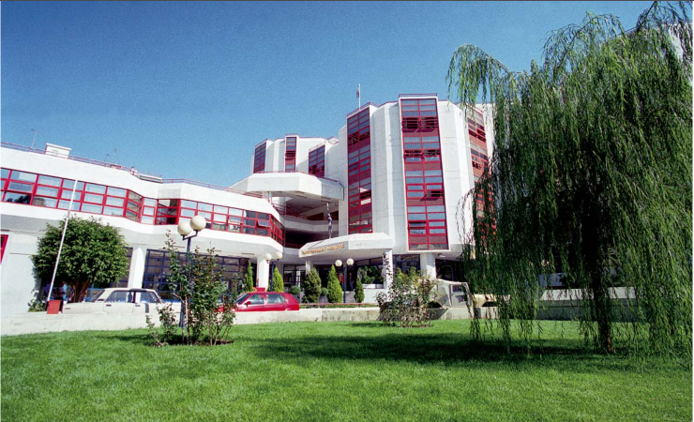
The University of Piraeus was founded as a "School of Industrial Studies" in 1938 by the Association of Industrialists and Craftsmen, in association with the Federation of Public Limited Companies Greece intending to provide economic, legal and technical education to industrial executives.
In 1945 it was renamed to "Higher School of Industrial Studies" and its purpose was that of the systematic theoretical and practical training of administrators. In 1958, it was renamed to Graduate School of Industrial studies of Piraeus. From then on, courses lasted four years and degrees awarded were equal to those of other universities. Since 1989, the school operates as a public University with the name University of Piraeus.
Concerning its educational role, the university is constituted of the following four schools (ten departments) which delimit its activities range:
- School of Economics, Business and International Studies;
- School of Finance and Statistics;
- School of Maritime and Industrial Studies; and
- School of Information and Communication Technologies.
The institute promotes specialised knowledge and training through the 23 postgraduate programmes it offers. Through the years the University combines research, academic knowledge and practice order to create the most appropriate conditions for our students, to reach their full potential and become the Leaders of tomorrow.
Department of Business Administration
The aim of the Department of Business Administration is to provide a theoretical and practical education in business administration in the private and public sector. In view of this objective, the curriculum is based on a system that combines formal and applied knowledge, enabling students to develop academically, become familiar with business markets and functions, and expand their professional horizons. The program is comprised of a large number of courses in Marketing, Accounting and Finance, Production Management, Human Resource Management, Technology Management and other fields. The Department, following the dynamic evolution of economy and technology and maintaining the necessary flexibility, constantly introduces potential adjustments that prepare managers’ capabilities in enhancing the competitiveness of enterprises.




